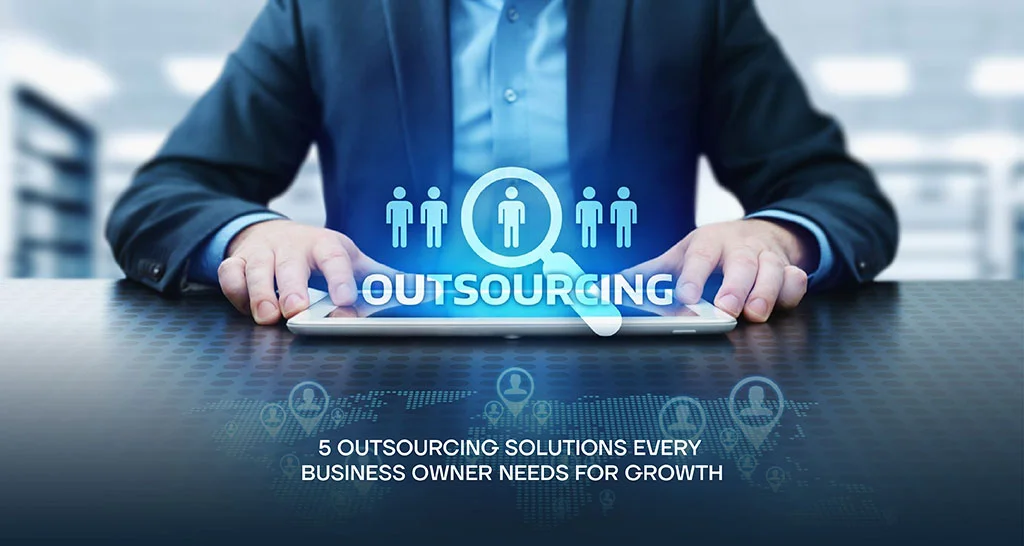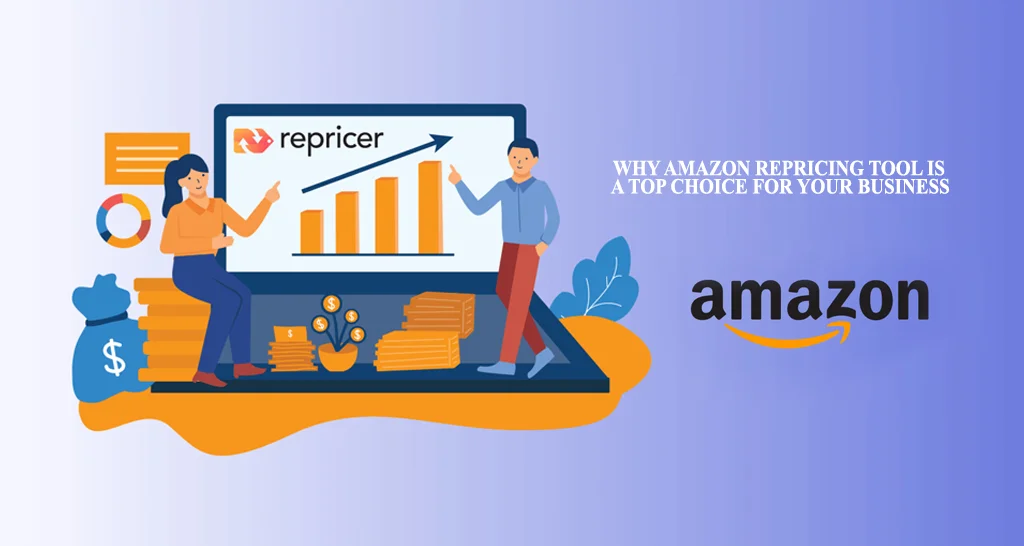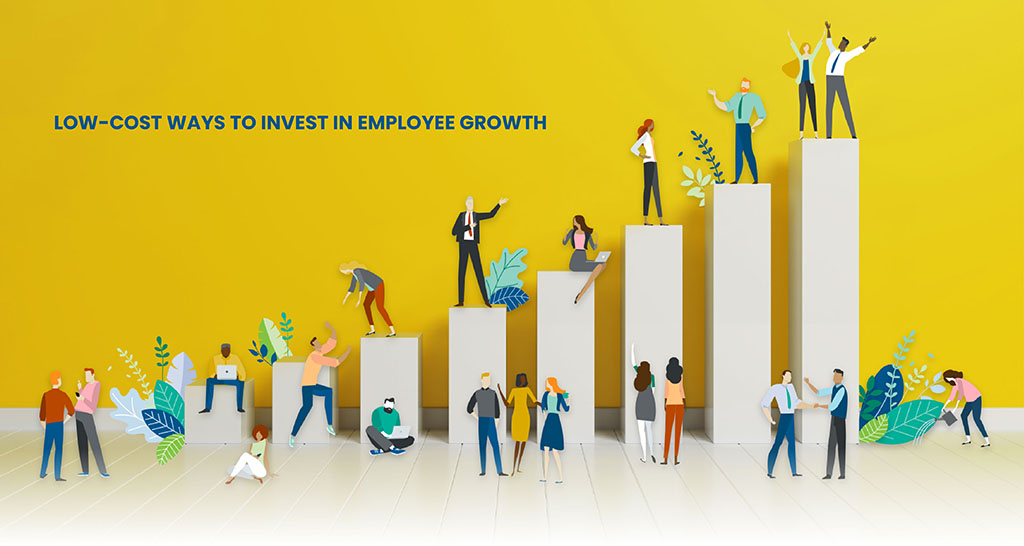Rapid commerce, commonly referred to as q-commerce, is revolutionizing the retail sector by providing products to consumers in less than an hour, with some deliveries occurring in as little as 10 minutes. As consumer demands change and technology progresses, seven significant trends are emerging that will influence the future of this dynamic industry.
- Hyperlocal Fulfillment Centers
To fulfill delivery speed expectations, businesses are allocating resources towards ‘dark stores’ or micro-fulfillment centers situated in areas with high demand. These localized facilities minimize last-mile delivery durations and enhance inventory management, facilitating immediate responsiveness to consumer needs.
- AI and Predictive Analytics
Artificial intelligence is crucial in predicting demand, overseeing inventory, and enhancing delivery routes. Predictive algorithms enable quick commerce platforms to foresee customer needs prior to ordering, thereby improving operational efficiency and minimizing waste.
- Expansion Beyond Groceries
Although groceries are the primary focus of quick commerce, platforms are broadening their product ranges to encompass electronics, personal care products, pharmaceutical items, and even fashion. This strategy of diversification seeks to position q-commerce as a preferred choice for a broader spectrum of everyday necessities.
- Sustainability and Eco-Delivery
In response to increasing environmental concerns, quick commerce brands are implementing sustainable practices. These initiatives encompass the use of electric delivery vehicles, recyclable packaging, and carbon-neutral operations, addressing consumer demand for more environmentally friendly solutions.
- Strategic Partnerships and Acquisitions
Major retailers and technology firms are entering the quick commerce sector by forming partnerships or acquiring established companies. These alliances facilitate rapid scaling of operations, attract dedicated customer bases, and utilize existing infrastructure.
- Subscription-Based Models
To foster customer loyalty, numerous quick commerce providers are introducing subscription services that include benefits such as complimentary delivery, exclusive offers, and priority access to new products. These business models not only enhance customer retention but also provide a reliable source of revenue.
- Automation and Robotics
The integration of robotics in quick commerce, ranging from automated warehouses to drone deliveries, is swiftly enhancing fulfillment processes. This advancement not only lowers labor expenses but also boosts efficiency, especially in densely populated urban regions.
Rapid commerce is transforming the landscape of convenience and efficiency in retail. By leveraging technology, focusing on customer satisfaction, and dedicating efforts to sustainable practices, the quick commerce sector is set for significant growth and development. As competition escalates, innovation will serve as the primary catalyst influencing its future trajectory.








